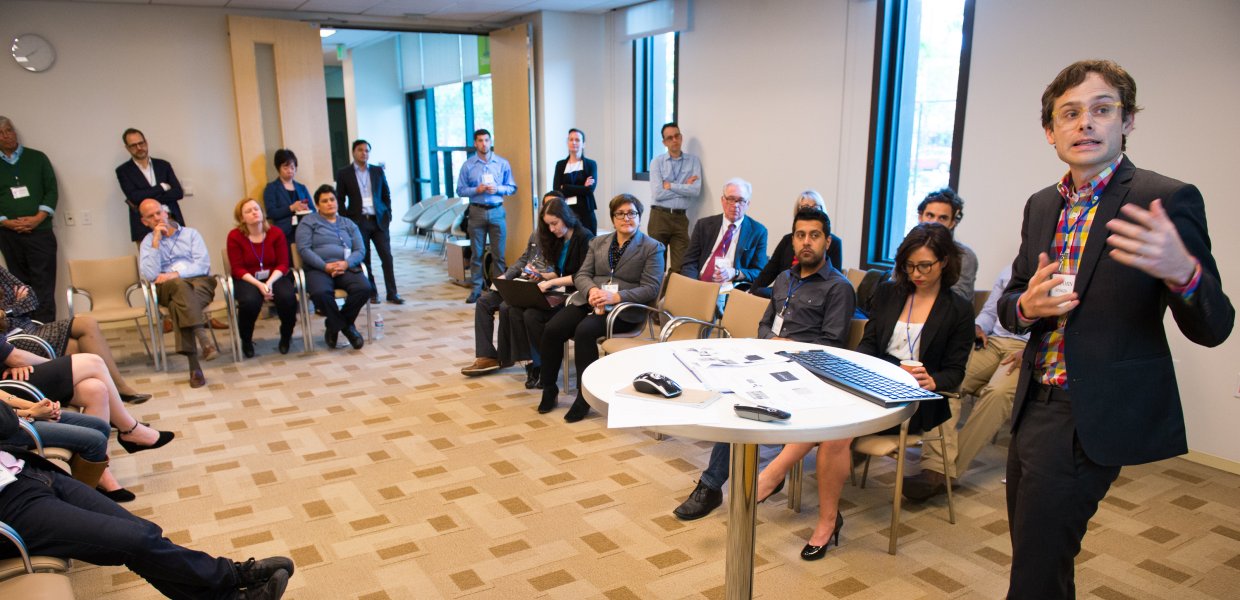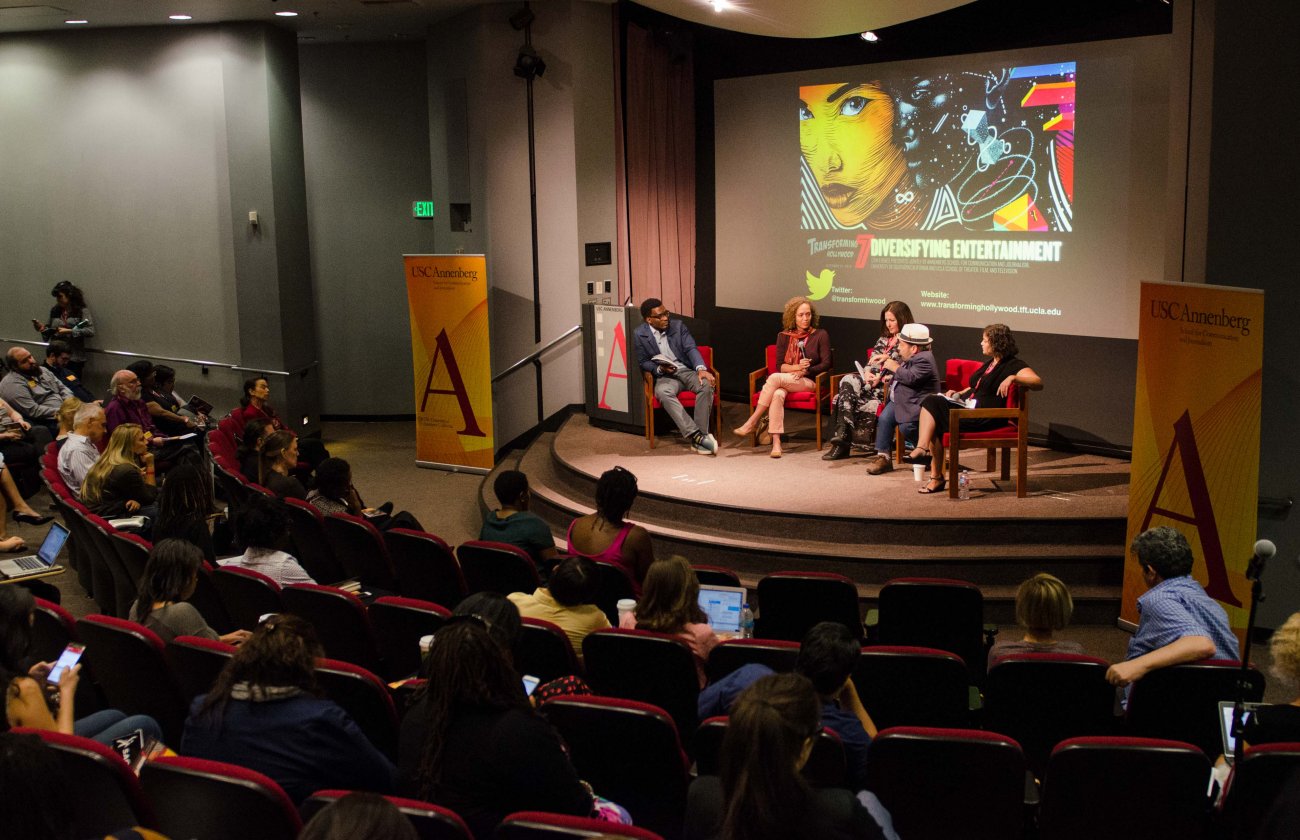Doctoral student Benjamin Stokes co-authored a new report with two Cinema Ph.D. students that addresses the mobile frontier for civic video games. The report, titled The Civic Tripod for Mobile and Games: Activism, Art and Learning, "outlines the emerging field of mobile and pervasive games along the dimensions of (1) civic learning, (2) performance/art, and (3) social change." The report had funding from Intel and was published by MIT-Press. Fast Company featured the report in a recent article. Provost's Professor of Communication, Journalism and Cinematic Arts Henry Jenkins wrote about the report in his blog earlier this month:
The report is a wonderful example of multidisciplinary scholarship with each student embodying one of the legs of their 'tripod' and developing their ideas in conversation with the others. They have used a nonlinear format to allow readers to trace multiple paths through the diverse case study examples and interviews with media producers (including Mary Flanagan, Katie London, Colleen Macklin, and many others) they have assembled. Yet, they also are creating multiple points of synthesis where their insights come together and produce understandings that none of them individually would be able to reach. Outside this innovative framework and presentation, some of these games might be understood through a lens of avant garde art practice, others through the lens of education or activism, but we would be unlikely to see the connections between them. I strongly recommend this report to anyone who wants to better understand the potentials of mobile games for facilitating new forms of civic learning and expressive practice.
About Stokes: Benjamin Stokes investigates how digital media foster civic engagement, informal learning, and activism. He is currently studying how mobile media and video games can advance social justice by bridging online and offline participation. Previously he co-founded Games for Change, the branch of the serious games movement focused on social issues and nonprofit organizations. Most recently, he was an education program officer at the MacArthur Foundation in their portfolio on Digital Media and Learning. Benjamin has also led the development of original digital media properties; at the educational nonprofit NetAid, his team created digital games and an activist training website that engaged more than 150,000 youth in fighting extreme poverty. Benjamin studied the single atom wire for his B.A. in physics at Haverford College, while also co-founding the campus anti-sweatshop alliance.




